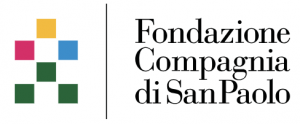Mental health in the workplace
In most European countries, absences from work and early retirement due to mental illness have increased in recent years. Mental health conditions such as depression, anxiety and stress represent substantial financial costs for employers and employees, as well as a significant loss for society at large. An EU-level estimate of the overall costs, direct health costs and lost productivity is more than 450 billion EUR per year.

